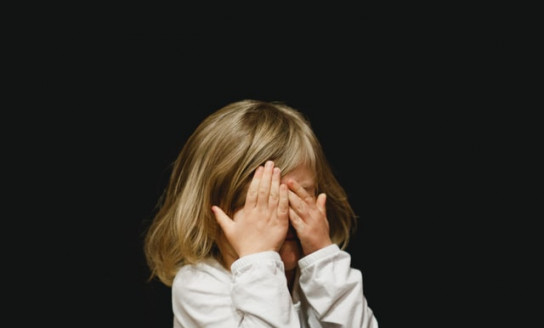Effects of family violence
Violence has many serious effects on families.
- Some people are hurt or even die from physical injuries, while others suffer from depression.
- Violence can cause people to feel suicidal, or to have problems with alcohol and other drugs. It can affect your eating and sleeping, and your general health.
- People in violent homes often feel anxious, confused and alone.
- We know family violence may stop you from being the parent you want to be, and can affect the relationship you have with your child.
Effects of family violence on children
Children who have a parent who is or was abused have a higher risk of being abused themselves. Even if the abuser isn’t directly violent to the children, children may be seriously affected by seeing or hearing their parent being hurt. Children will pick up on tension, stress and fear from a young age, even when they don’t understand what's going on. Brain development is affected by good experiences and equally by poor quality experiences.
A child in a violent family home may:
- suffer from poor brain development
- feel scared for themselves, their family, or their pets
- act younger than they are
- have behaviour problems, bully others or hurt animals
- blame themselves for what’s happening, or try to be very good so they don’t ‘cause’ more violence
- have problems with:
- self-esteem, and making friends and trusting people
- alcohol or drugs
- be clingy, sad or depressed, hard to cope with, or sick a lot
- become violent and abusive as an adult, or become involved with an abusive partner.
Keeping Safe
Children need to know violence is not okay and not their fault. Children have the right to be safe, to be cared for, and to be shown and told they are loved. They need to know they can talk about their feelings and worries.
Adults have the right to feel safe in their relationships. Violent people need to be responsible for their actions and learn different ways to act.
If your partner is abusive, it’s not your fault. Most people who are being hurt want the violence to stop, but don’t know what to do.
Ask for help if you’re in a violent relationship. The Police can issue a Police Safety Order (PSO) for immediate, short-term protection for people at risk of domestic violence.
You can apply for a Protection Order if you're in, or have been in, a close personal relationship with a person being violent towards you.
Why families hide violence
There are many reasons family violence is kept secret from others.
- They’re afraid that no one will believe their story.
- They think things will be worse for them if they tell someone what happens in their family.
- They may be ashamed.
- They may be worried about being blamed for the violence.
Violence in families can be hidden for a long time, because it happens when other people aren’t there. People who are violent to their family, can be kind and friendly to other people.
There are no excuses for violent behaviour.
